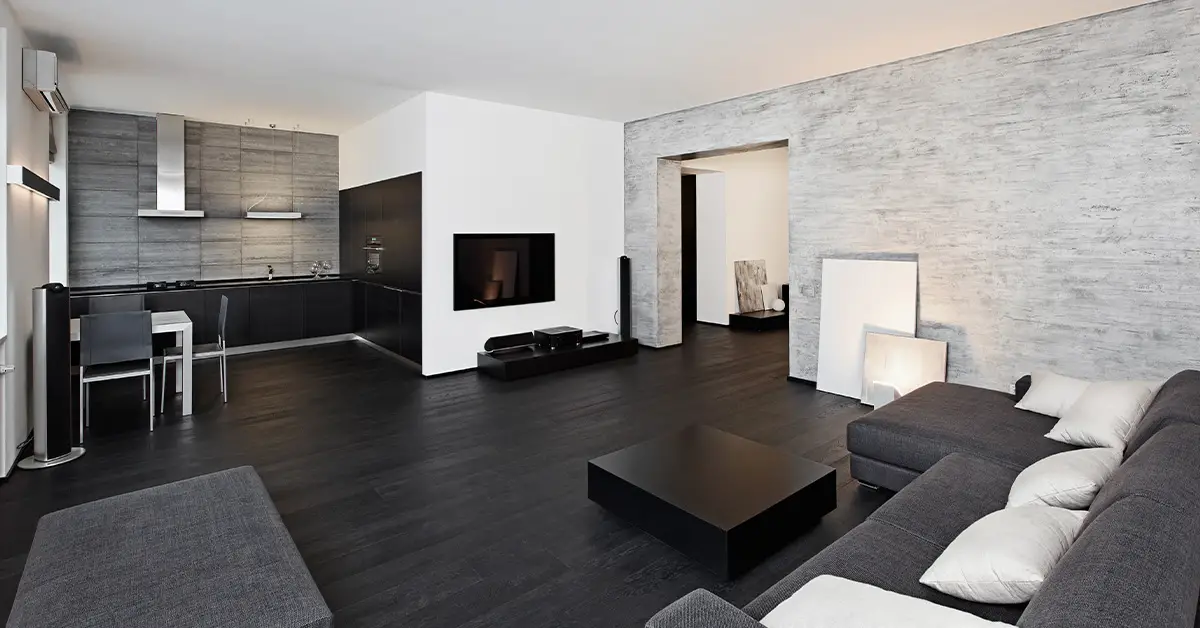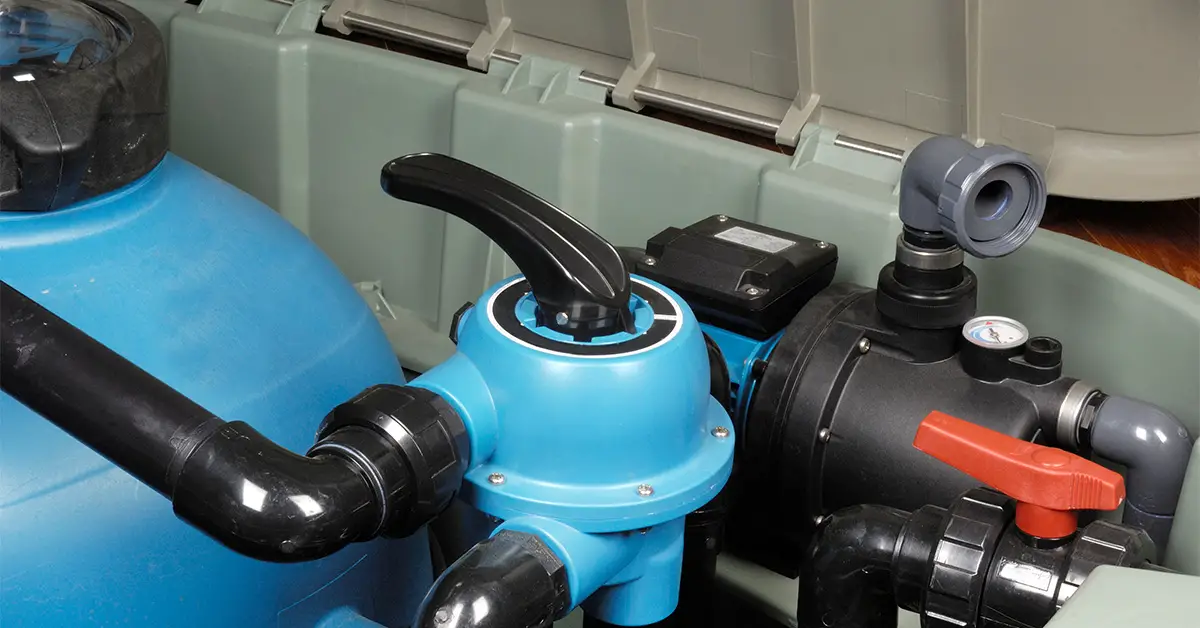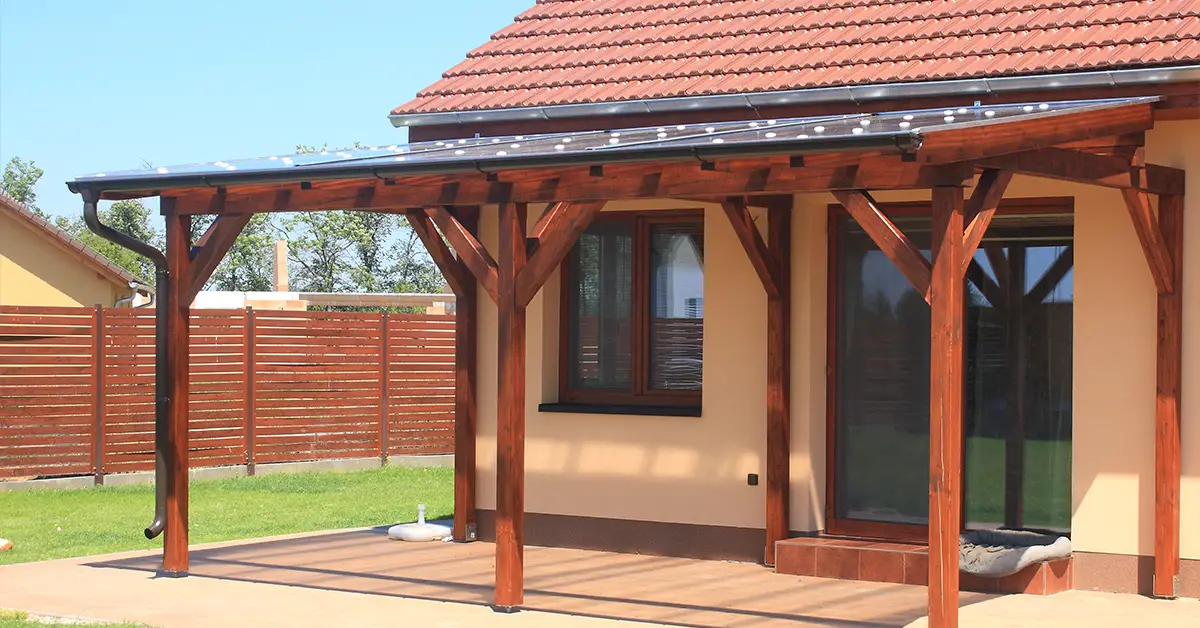When it comes to kitchen design, choosing the right countertop is an important aspect that only a few homeowners tend to miss out on. Besides, it reflects your lifestyle and style. And, anyone who loves baking will know much about it other than great aesthetics.
So, what are good baking countertops? Sure, everyone loves to have beautiful countertops. But what about its functions when it comes to baking? In this post, you get to know the top 6 countertops that experts approve of for home bakers. Also, you will learn about their ins and outs.
Table of Contents
What makes a perfect countertop for baking?
Whether you have a contemporary, modern, or traditional style kitchen, there are different types of countertops that you can consider. However, most home bakers know about the specifics relating to a workable countertop when it comes to making their favorite bakery items. Here is what they believe that the kitchen should have.
- A large work surface so that they can spread out the dough and roll or arrange things to make batches of baked items
- Kitchen countertops that can hold up for regular use, won’t scorch or scratch, and are easy to clean
- The surface should be smooth enough so that rolling out pastries is done without much effort
- Counters that have the right height are preferred most. If you are tall or short, a standard size might not be of any use. And, you will end up having a sore shoulder or neck. So, it is wise to customize the counter height
Top countertops that are great for home bakers
To have a marvelous countertop perfect for home bakers, the type of material used plays a key role. While the most popular countertops are built with materials such as quartz, marble, or granite, other materials can provide you with the same functionality. Moreover, they have their positive and negative aspect. For example, some materials are strong whereas some others can be marred or scratched.
1. Marble
The most commonly used countertop for baling purposes is a marble. As you know, each sheet of marble is different than the other one. As such, each marble countertop will be unique. Unlike other materials, marble is quite expensive. Besides, its luxurious look can often be seen on a section of countertop intended for baking.
Although marble is highly-priced, it is prone to scratching and staining. Despite that, this natural stone elevates a kitchen by providing a contemporary feel. Another major problem with marble is that it is porous. It means temporary spills can become permanent stains. Cleaning the surface regularly will ensure that it remains free from stains.
The best part about the marble countertop is that it maintains a relatively low temperature. As a result, it is perfect for people who enjoy baking. Marble provides the right surface to shape dough by rolling it out.
Pros –
- Heatproof and waterproof
- Gorgeous stone with unique veining
- Improves your real estate value
- First choice for home bakers
Cons –
- Because it is porous, can stain easily
- Needs to be resealed
- Expensive
2. Quartz
If you cook a large number of meals, have a large family, or spend a lot of time making bakery items, investing in a quartz countertop should be the right choice for you. Not many people know but quartz countertops aren’t made of 100% quartz. They are composite stones made from natural quartz along with a resin binder.
Quartz is non-porous and incredibly hard. So, you don’t have to reseal it and it resists both staining and scratching. Quartz was created as a better-performing alternative to marble and granite while being adaptable. There has been a steep rise in the number of quartz countertops.
For glass countertops, the same technology has been in use that consists of recycled glass particles combined with resins to get the shape of kitchen countertops. Quartz countertops are easy to care for and one of the preferred choices for many bakers.
Pros –
- No sealing required
- The slabs are uniform with fewer imperfections making them perfect for baking
- More natural and convincing appearance compared to a solid surface
Cons –
- The countertops are heavier
3. Granite
To begin with, granite is heat-resistant. It means you can take out the pots or pans and place them directly on the countertop from the oven. This is the beauty of having a granite countertop especially if you love to bake at home. Besides, granite countertops are easy to maintain and you don’t have to use harsh cleaning products.
Water and soap are enough to clean the granite countertop. Besides, some granite countertops might be porous and may require frequent sealing to prevent stains. For many homeowners, granite has been the favorite choice for kitchen countertop when it comes to baking.
Pros –
- Durable and impervious to heat
- Almost maintenance-free when sealed
- A variety of types and colors to choose from
Cons –
- Can crack if installed improperly or stressed
- Need sealers to avoid stains
4. Laminates
It is another kitchen counterpart that has a smooth surface perfect for baking and cooking. Laminates have plastic-coated elements that are easy to clean as well. For many years, laminates have been labeled as an ordinary countertops.
But it has a recent surge in popularity because of a variety of styles, patterns, and colors. Laminates are more popular in retro-themed kitchens. Moreover, laminates are non-porous and don’t absorb bacteria. Because laminate countertops won’t add value to your property, it is perfect for bakers on a budget.
Pros –
- Inexpensive countertop option
- DIY installation is quite easier
- Easy to maintain and available in thousands of options
Cons –
- Surfaces can be chipped and scratched
5. Concrete
If you desire to have a kitchen countertop in unusual shapes or you are planning for a different type of countertop especially to fulfill your baking tasks, concrete should be the right choice for your countertop.
Concrete countertops are bold and bear a striking look rather than being indestructible. They make a great choice for home bakers. While they are susceptible to cracking, you can reduce the tendency through new treatments.
Pros –
- Scratch and heat resistant
- Unusual and sophisticated look
- Decorative textures are possible
Cons –
- The surface remains porous unless you seal it regularly






